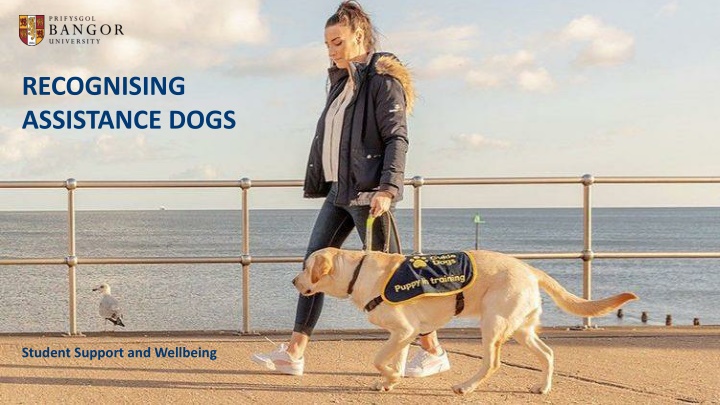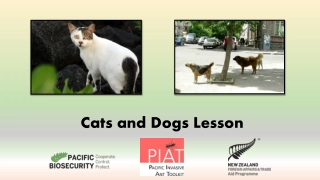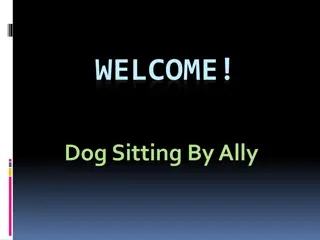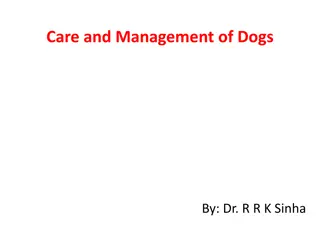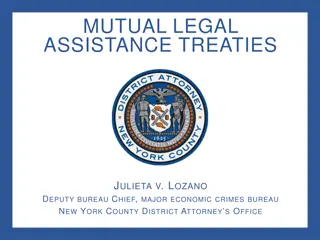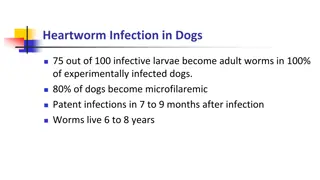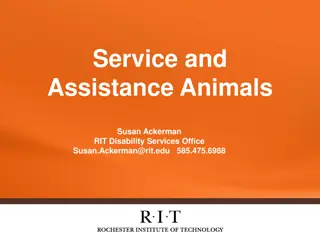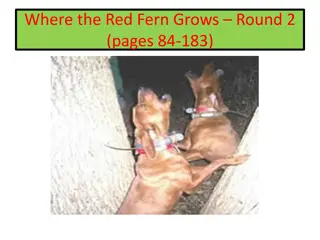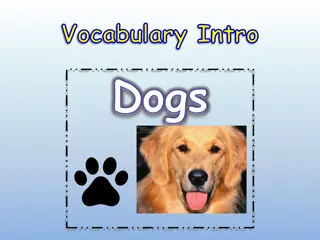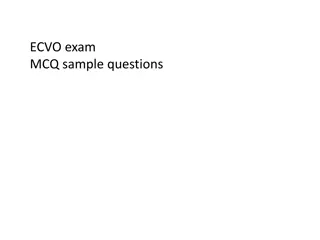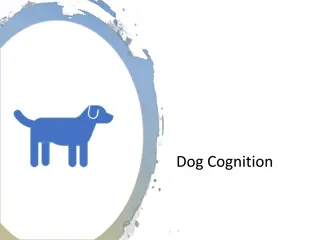Recognising Assistance Dogs: Making the Extraordinary Happen
Assistance dogs are trained to help disabled individuals or those with medical conditions. They provide crucial support and are allowed by law to accompany their owners in public places. It's essential to show respect and give them space while they work. Failure to respect these dogs could lead to disciplinary action by the university. Understanding and supporting assistance dogs is important for fostering an inclusive and welcoming environment.
Download Presentation

Please find below an Image/Link to download the presentation.
The content on the website is provided AS IS for your information and personal use only. It may not be sold, licensed, or shared on other websites without obtaining consent from the author.If you encounter any issues during the download, it is possible that the publisher has removed the file from their server.
You are allowed to download the files provided on this website for personal or commercial use, subject to the condition that they are used lawfully. All files are the property of their respective owners.
The content on the website is provided AS IS for your information and personal use only. It may not be sold, licensed, or shared on other websites without obtaining consent from the author.
E N D
Presentation Transcript
RECOGNISING ASSISTANCE DOGS MAKING THE EXTRAORDINARY HAPPEN Freedom to work. Student Support and Wellbeing
Recognising Assistance Dogs WHAT IS AN ASSISTANCE DOG? An Assistance Dog is a dog that has been trained in order to provide assistance to disabled people or those with a certain medical condition. Assistance Dogs are permitted by law to accompany their disabled owner in all public places. This is supported by the Equality Act 2010. Assistance Dogs are identifiable by a special dog jacket or harness. They will also wear an ID tag on their collar. Bangor University s policy is that Assistance Dogs accompanying a student to university will be allowed into University buildings and facilities, including all teaching spaces.
Recognising Assistance Dogs WHAT TO DO WHEN AN ASSISTANCE DOG IS PRESENT? Always show the dog and their owner respect by providing space and giving them the right of way. Don t touch, feed, talk to, or otherwise distract the dog and don t be offended if the owner asks you not to pet the dog. The dog should be allowed to concentrate and perform its work for the safety of its handler. Recognise that the dog has a right to be present everywhere on campus, even where you would not expect to see a dog, such as in a lift. If you are unfamiliar with dogs, be assured that an Assistance Dog presents no threat to you, or other students. They are highly trained, working dogs. Assistance Dogs are highly respected in the UK.
Recognising Assistance Dogs SHOWING AN ASSISTANCE DOG PROPER RESPECT Failing to respect an Assistance Dog would be considered to be an infringement of the University s rules and regulations. Confronting an Assistance Dog s owner about the presence of their dog or making derogatory comments about the dog could be considered harassment. Infringements of our rules and regulations, including harassment of an Assistance Dog or their owner could lead to the University taking action under its disciplinary procedures.
